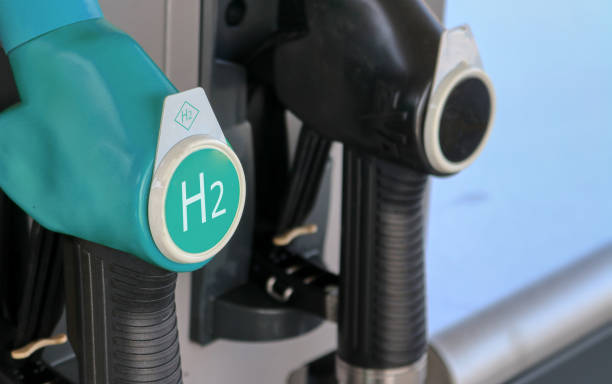Unveiling the Wonders of Hydrogen Fuel Cell Technology in Automotive Industry
Introduction: Imagine cruising the highway in a car that emits nothing but water vapor, while providing the same range and refueling convenience as today's gasoline vehicles. Welcome to the exciting realm of hydrogen fuel cell vehicles (FCVs), a revolutionary technology promising to reshape our transport and climate future.

The Genesis of Hydrogen Fuel Cell Vehicles
Hydrogen fuel cell technology is not a new concept. The principle was first discovered in 1839 by Sir William Grove, a Welsh scientist. However, it was not until the mid-20th century that this technology started to gain traction. The early adoption of fuel cells was mostly in the aerospace industry, with NASA using this technology in space missions for power and water supply. The transition to the automotive industry began in the 1990s, with automakers exploring hydrogen fuel cell technology as a clean energy alternative.
The Mechanics of Hydrogen Fuel Cell Vehicles
Fuel cell vehicles operate differently from conventional vehicles. Instead of an internal combustion engine, they use a fuel cell stack to generate electricity. The process involves hydrogen from the fuel tank reacting with oxygen from the air to produce electricity, with water vapor the only byproduct. This electricity then powers the electric motor that drives the vehicle. The result? Zero-emission transport that’s quiet, efficient, and environmentally friendly.
Current Trends and Future Potential
Today, the adoption of hydrogen fuel cell vehicles remains relatively low due to challenges related to cost, infrastructure, and hydrogen storage. However, industry trends suggest a brighter future. Many automakers, including Toyota and Hyundai, have introduced fuel cell models, indicating growing confidence in the technology. Moreover, governments worldwide are investing in hydrogen infrastructure to support this emerging market.
The Impact of Hydrogen Fuel Cell Vehicles
The potential impact of FCVs is considerable. They promise to reduce our dependence on fossil fuels, thereby mitigating climate change. Moreover, they offer several advantages over other clean energy vehicles. Unlike battery-electric vehicles, FCVs provide similar refueling times and driving ranges to conventional cars. And unlike biofuel-based vehicles, they do not compete with food production for resources.
The Road Ahead
Despite its potential, hydrogen fuel cell technology faces significant obstacles. The high cost of fuel cells and the lack of a widespread hydrogen refueling infrastructure are significant barriers to adoption. However, ongoing research and development promise to address these challenges, paving the way for a cleaner, greener future on the road.
In conclusion, hydrogen fuel cell technology has the potential to revolutionize the automotive industry and our transportation landscape. By marrying the benefits of zero-emission vehicles with the convenience of traditional cars, FCVs could be the key to a sustainable, carbon-free future.




